Manchester attack: GMP chief criticises BBC documentary
- Published
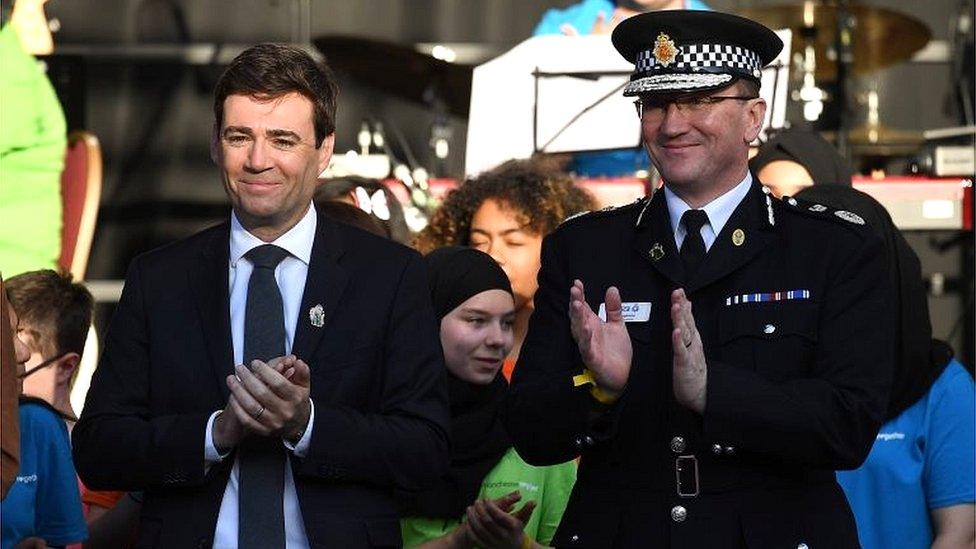
Chief Constable Hopkins (r) attended a number of memorial events on Tuesday
A BBC documentary about the Manchester Arena attack was "wholly inaccurate" and "entirely inappropriate", a chief constable has said.
Manchester: The Night of the Bomb aired on BBC Two on the first anniversary of the bombing, which saw 22 people die and hundreds injured.
Greater Manchester Police's Ian Hopkins said it had been "entirely misleading" in its depiction of police actions.
The BBC said the programme had been "responsible, accurate and thoughtful".
The documentary, which was made by Amos Productions for the corporation, was broadcast at 21:00 BST, hours after a memorial service had taken place to remember those who died.
Twenty-two people were killed when a homemade device was detonated outside an Ariana Grande concert at Manchester Arena on 22 May 2017.
Mr Hopkins said he was "saddened" by the impact the programme had on families and survivors.
'Serious reservations'
The content - which included graphic descriptions of what happened, the injuries that people suffered and mobile phone footage captured in the aftermath - had left him "most deeply concerned about the impact on families", he said.
"I fail to see any public interest in footage of such an explicit nature being aired with disregard to the feelings of those who matter most."
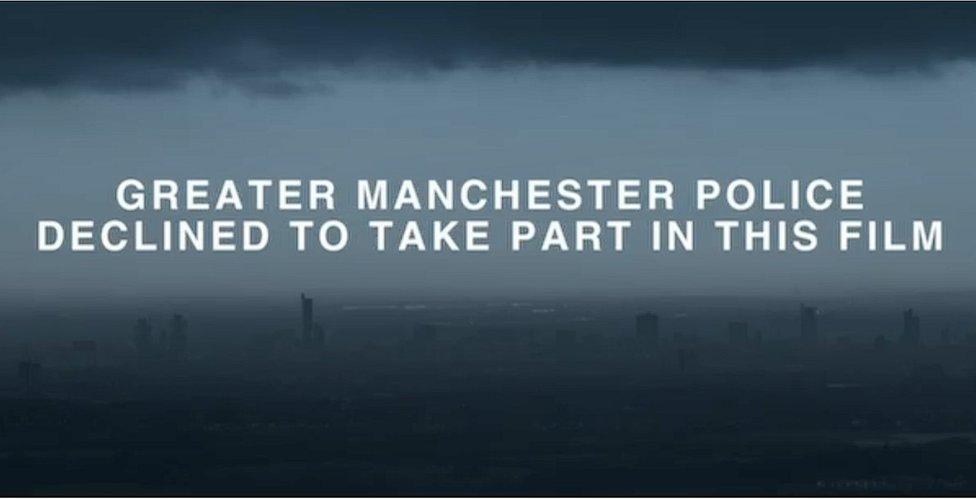
One of the programme's final shots stated GMP declined to be involved
The Crown Prosecution Service and the coroner had also "expressed serious reservations", he said, and British Transport Police "withdrew support" after realising the "potential enormity of the impact".
He also said the documentary had, "at least by inference, wrongly suggested that officers and staff were held back on the night of the attack."
"This is untrue and is an unwarranted attack on police officers who, as the actual footage showed, acted bravely in response to this horrific attack."
'Careful consideration'
The force did not contribute to the documentary, but did ask to see footage to "assess legal implications" and "inform and support families", but were "not permitted to... at any point before broadcast".
"As the lead police force, for the response and the criminal investigation, GMP has significant constraints on what we can discuss publicly," he said.
"After a face-to-face meeting, we respectfully explained in detail the legal constraints we worked under and highlighted to the production company their own responsibilities."
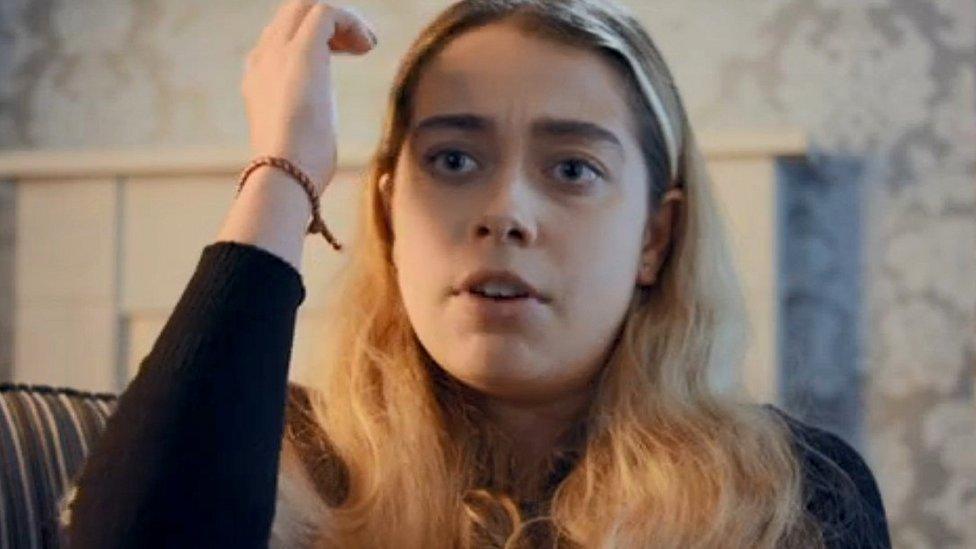
The programme featured interviews with some of those caught up in the attack
He said as a result, a reference in the programme to GMP declining to take part was "wholly misleading and focused only on creating journalistic drama".
He added that the programme "appears to breach" the BBC's editorial guidelines.
A BBC spokeswoman said Amos Productions had "worked constructively and appropriately with Victim Support, and the sensitivities of all those involved in this tragic event were subject to careful consideration throughout the production process".
"This was a responsible, accurate and thoughtful documentary, which was an important piece of public service broadcasting."
"At no point did the documentary suggest GMP officers and staff were held back", she said, and it had "focussed on the events of the evening and how they unfolded, not any ongoing investigations".
She added that the programme adheres to the BBC's guidelines.
- Published22 May 2018
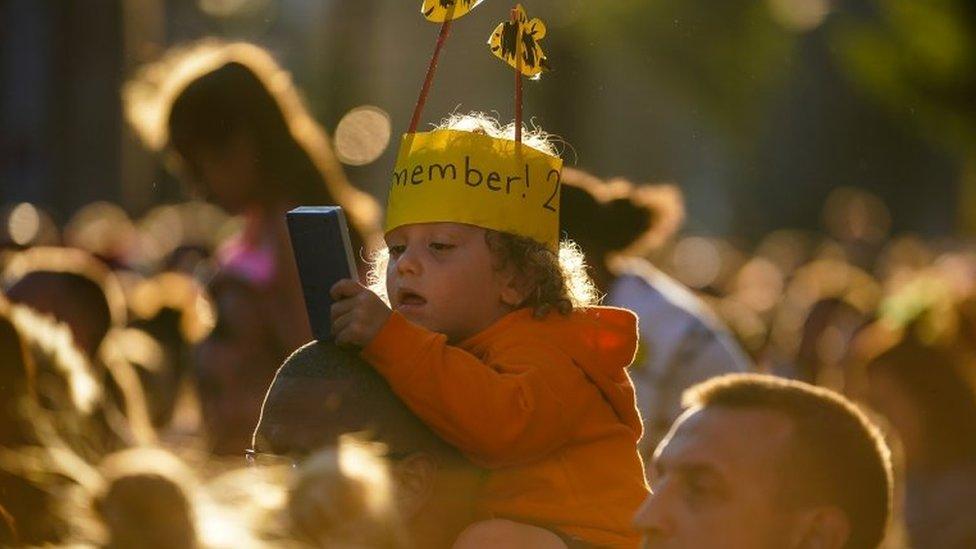
- Published22 May 2018
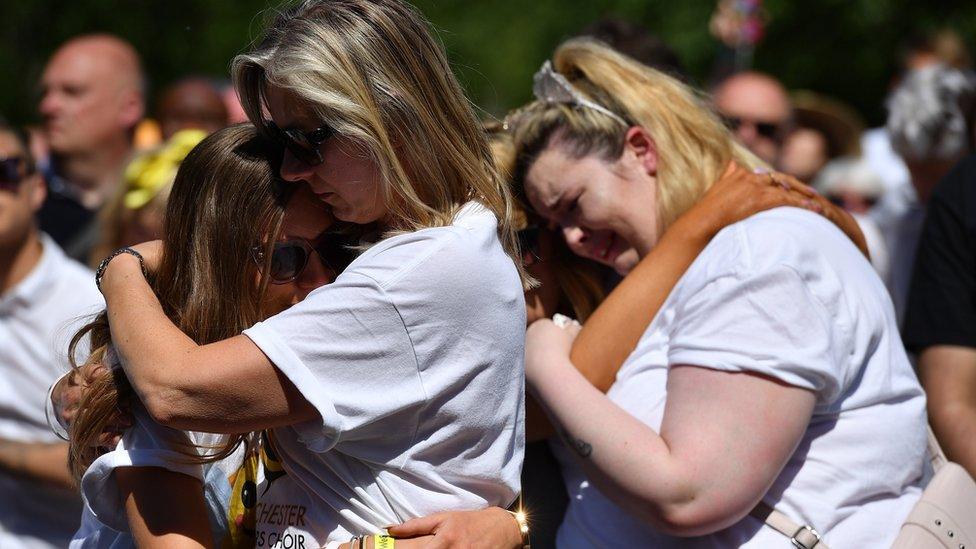
- Published22 May 2018
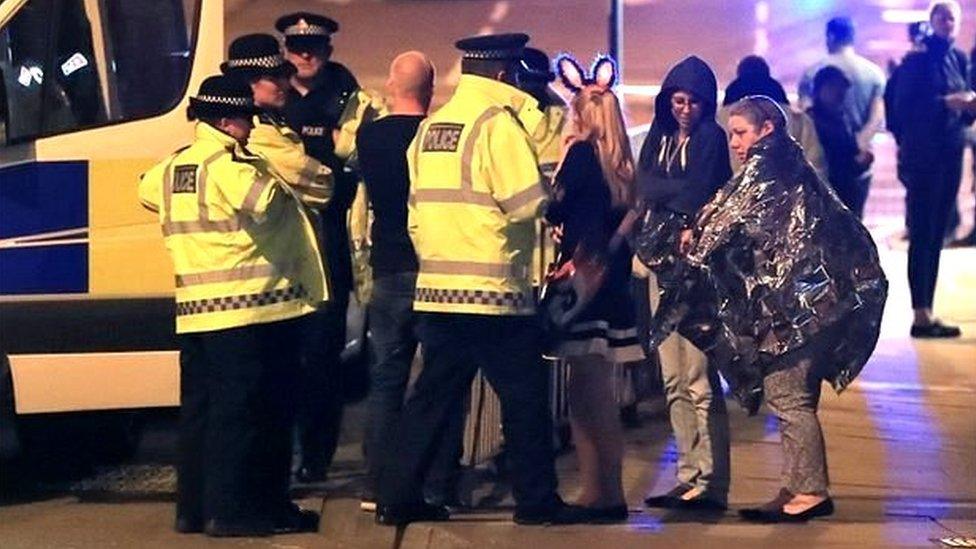
- Published16 May 2018
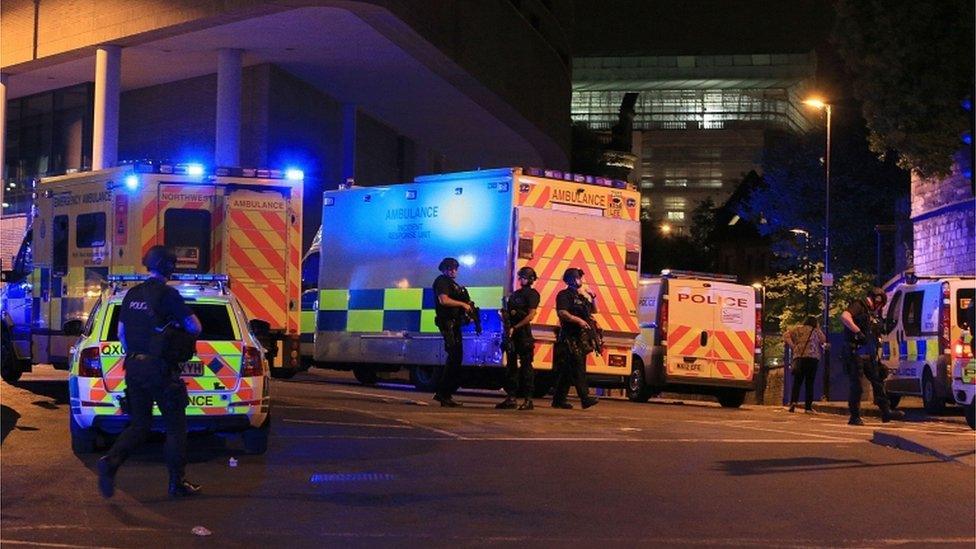
- Published27 March 2018
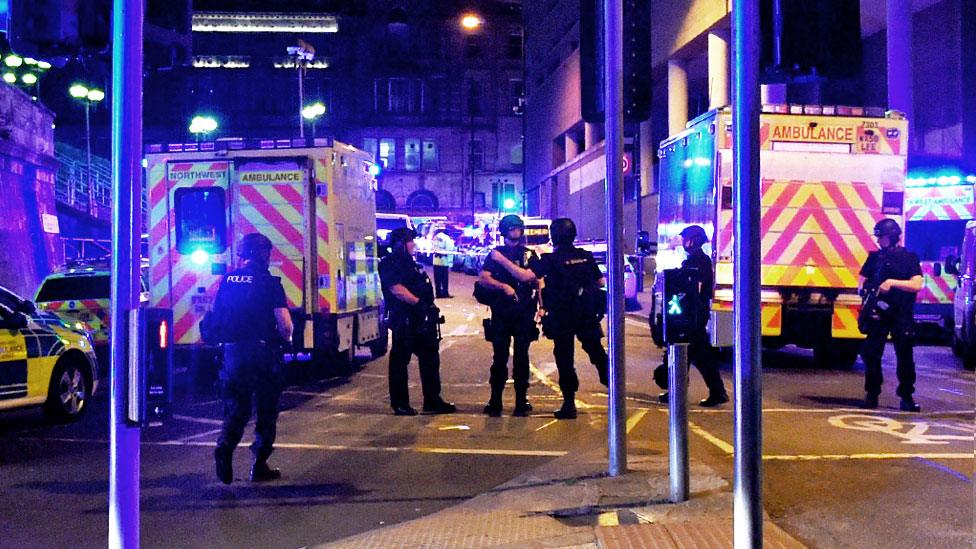
- Published3 November 2022
